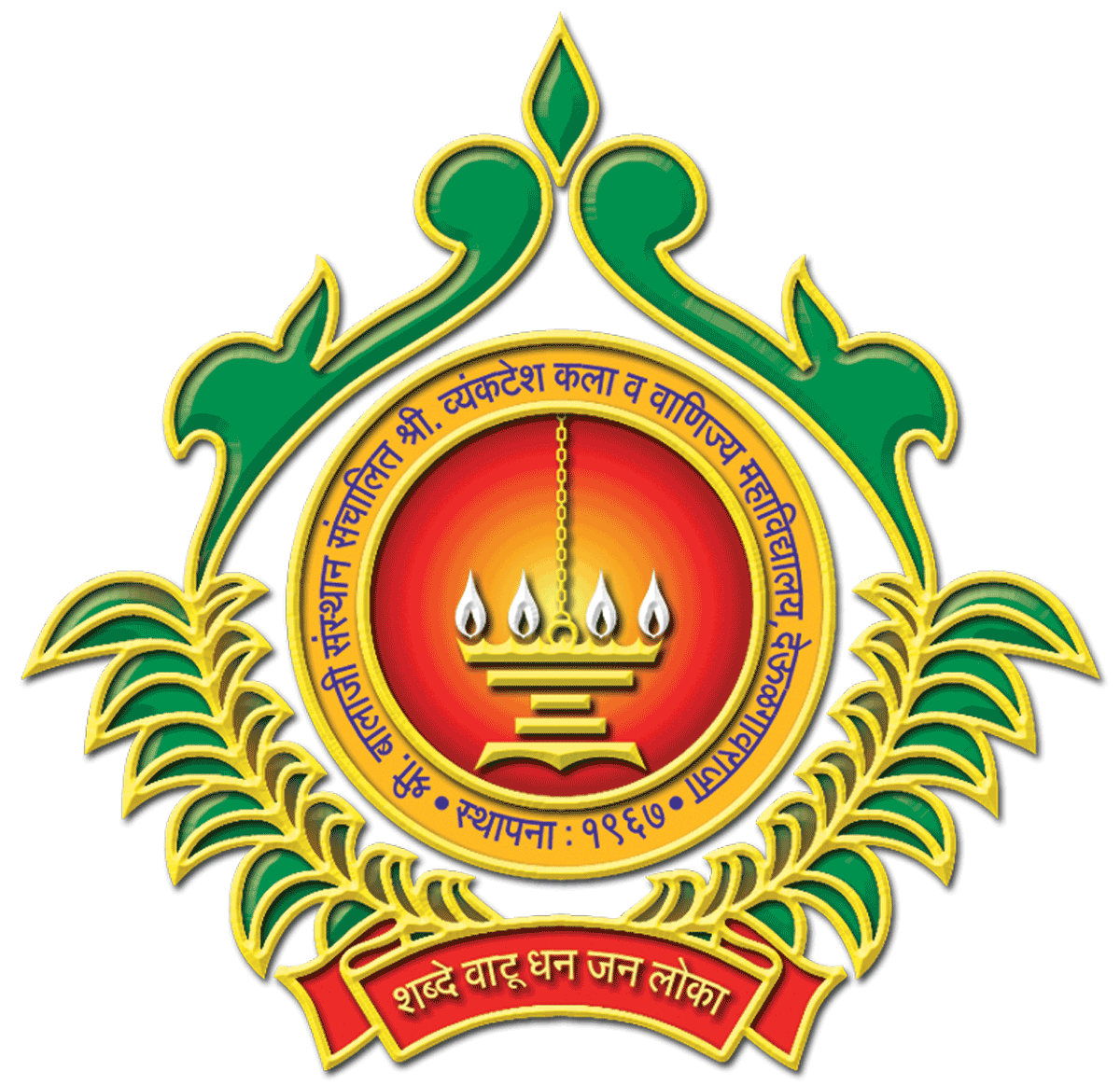TEACHING, LEARNING AND EVALUATION
At the beginning of the session every teacher prepares his academic plan in his academic diary as per the academic calendar prepared by the college with the help of university academic calendar. In this academic diary, plan is also made for evaluation of the students. After completing each unit, the notes are dictated in the class and students are asked to prepare the notes and tests are held in every month. At least 4 tests are conducted during the year. Along with these tests, to make the students bold on the stage seminars are also organized. All the students are appealed to participate in this activity. Maximum students deliver their seminar on the topic taught in the class. These seminars are conducted at the end of every session.
Let us break down some key points:
1. Academic Planning: Teachers begin each session by planning their academic activities according to the college and university academic calendars. This ensures alignment with the broader educational goals.
2. Evaluation Strategies: Regular testing and note-taking after each unit help assess students' understanding and progress. Additionally, seminars and group discussions provide opportunities for students to demonstrate their knowledge and communication skills.
3. Assessment Weightage: The semester system employs an (80 + 20) pattern for evaluation, with 20 marks allocated for internal assessment. This includes activities like group discussions, which prepare students for practical examinations and viva-voce.
4. Innovative Teaching Methods: Faculty members utilize modern teaching methods such as digital resources, virtual lectures, field visits, and practical problem-solving. PowerPoint presentations and internet resources enhance engagement and comprehension.
5. Interactive Activities: Quiz competitions and group activities create a dynamic learning environment, fostering healthy competition and collaboration among students.
6. Support for Struggling Students: Measures are in place to support students who are struggling academically, including providing study materials, communicating with parents, and offering personal visits to address any issues.
7. Continuous Assessment: Evaluation occurs throughout the year, encompassing various activities like interactive sessions, projects, home assessments, and tutorial lectures.
Overall, this approach emphasizes continuous learning, student engagement, and individual support, contributing to a holistic educational experience.

